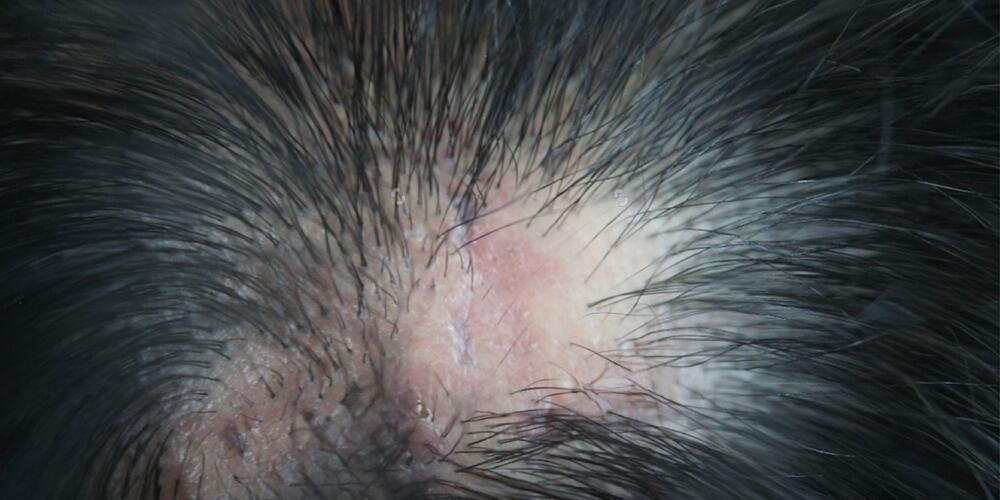Introduction Scarring alopecia
Scarring alopecia, a group of hair loss conditions, is a less common but often distressing problem that affects both men and women. These conditions result in permanent hair loss due to the destruction of hair follicles and their replacement with scar tissue.




